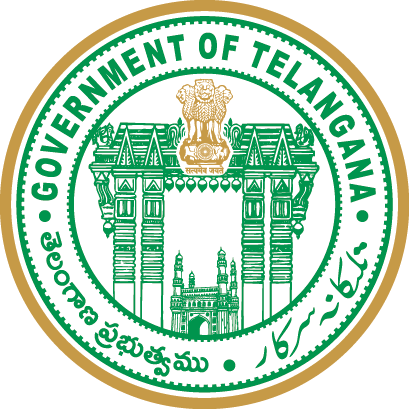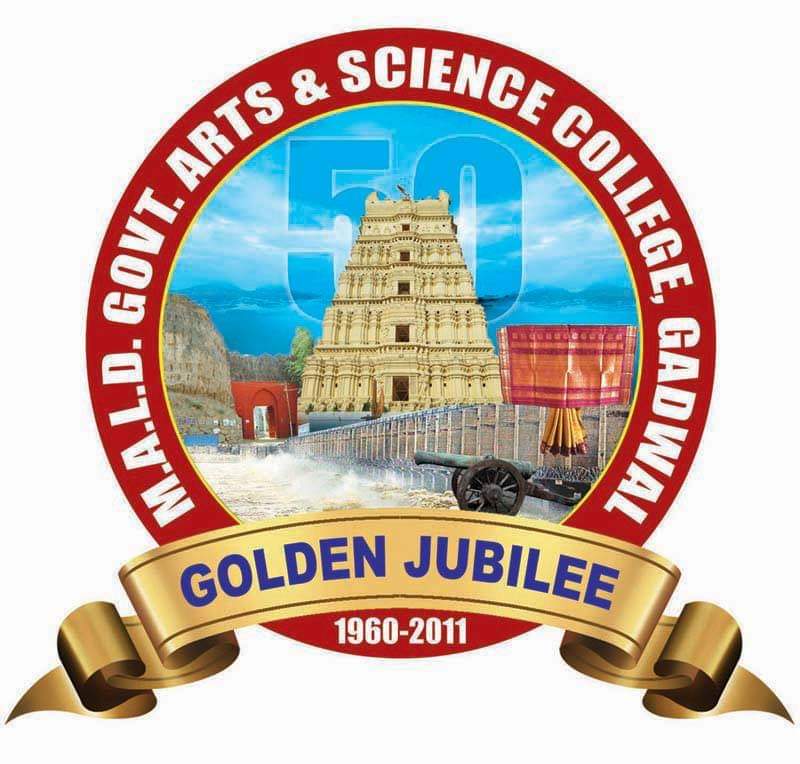BEST PRACTICES 2017-18
7.2 BEST PRACTICES
I BEST PRACTICE
1. Title of the Practice
“ Standardized procedures for periodic quality checks of Teaching – Learning “
2. Objectives of the Practice
The objectives/intended outcomes of this best practice are:
To ensure standardized quality learning and teaching experiences across all courses
and programs and across differed mores of delivery.
To improve student's learning experiences and outcomes.
To assist in curriculum planning
To identify and address professional development needs.
To provide staff with reliable, consistent and timely evidence of the quality of their
teaching and student learning which may be used in deciding pay
incentives/promotion processes and also best teacher awards
To gather information and evidence for reporting purposes, specifically for
demonstration to the University by the college of effective quality assurance processes
in relation to the learning and teaching environment.
3. The Context
Quality teaching is defined in terms of effective pedagogical techniques to achieve desired
learning outcomes of students. It involves several dimensions,including the effective design
of curriculum and course content, a variety of learning contexts (including guided
independent study, project-based learning, collaborative learning,experimentation, etc.),
soliciting and using feedback, and effective assessment oflearning outcomes. Institutions
need to ensure that the education they offer meets the expectations of students and the
requirements of employers, both today and for the future. One of the most challenging
paradoxes in the world of academics is the fact that while innovativeness in teaching is
largely agreed upon as the most desired aspect of teaching, it is also equally a fact that
innovativeness as a tangible teaching component cannot be defined or promoted. To meet the
challenge of promoting innovativeness of teachers, the best way was found to be insisting on
documentation of individual teaching plans/lessons which in turn help to identify the most
effective methodologies/approaches that can be shared with others who are not very
successful in their teaching. Under the system of standardized procedures the pedagogical
tools adopted by most creative teachers get to be systematically documented and this can
work as frame of reference for teachers who are not spontaneously creative. Senior faculty or
sometimes even the youngest faculty coming from diverse backgrounds like industry etc.,
explore alternative pedagogies or adapt student-support to varied student profiles and
pedagogical competencies. Their alternative teaching methodologies can serve as training
models to other teachers. The individual performance of each faculty member is a crucial
factor in quality teaching. The unit plan designed by the faculty becomes the frame of
reference to make the teacher accountable for the status of syllabus completion. In the context
of teachers moving towards greener pastures / IT Sectors, the need for adopting standardized
procedures was deeply felt as transition becomes smooth when there is a switch of teachers as
the former teacher’s records becomes a ready reference for the new teacher.
Through constant checks of teacher’s documents which include their unit planners, academic
records, teaching dairies, monthly appraisal etc., the institution finds scope to identify areas
of deficiencies and also take up appropriate FDP programmes for the betterment of their
professional effectiveness and also for the quality enhancement of the academic programme.
7
4. The Practice
The procedures which constitute the implementation of the practice are as follows:
The institution has a meticulously organized and clearly planned teaching,learning
and evaluation schedule, well integrated into the total institutional scheme. The course
outlines and the course schedules are drawn well ahead of the course commencement.
Each faculty of the department has an individually drafted unit planner, which reflects
how each unit is taught by indicating the time frame along with a mention of
methodologies/ references used and modes of evaluation practiced. The course
outlines are spelt out to the students by the course teacher in the orientation session.
Self – appraisals and Monthly appraisals, submitted by the individual teachers gives a
clear indication of the teachers’ contributions in various categories - academic,
administrative and extension activities. Teaching dairies which have lesson plans of
the topics handled that week are meticulously maintained by the individual teachers.
Principal of the college ensures the effectiveness of the process by weekly checks of
the teaching diaries, academic records, monthly appraisals and syllabus completion
statements submitted by the faculty. The effectiveness is further ensured through cross
verification by the head of the institution
The teaching- learning process is continuously reviewed by the Principal, Vice
Principal, by taking into account the feedback given by the students.
Each department submits an annual report on the activities comprising academic
activities, research and extension activities, innovations in teaching/learning,
publications, staff and student achievements, extra and co- curricular activities to the
IQAC.
To ensure quality sustenance and enhancement, the college periodically conducts the
performance audit of the departments which includes course review, Review of
Teaching – learning methodologies, Result analysis, Research output, Faculty
Development Programmes attended/conducted and Extension activities, Co-curricular
and extra-curricular activities conducted during the year. The audit checks the
progress and quality of departmental performance against the specifications spelt out
in the Almanac and departmental vision.
Result analysis is submitted by the individual faculty. The result analysis of each
department is submitted to the Principal after each semester.
Syllabus completion statements are also periodically submitted by the individual
teachers in order to ensure timely completion of the syllabus.
Feedback is taken from the students at the end of every semester for teacher
evaluation.8
5. Evidence of Success
Thus the regulatory mechanism of timely checks on teacher quality has the double
advantage of improving not only teacher but also student performances. This practice has
resulted lot of confidence levels in both students and teachers.
6.Problems Encountered and Resources Required
Commitment of the teachers and students regular attendance is required to implement
this practice.
II. BEST PRACTICE
1. Title of the Practice
“ Guest Lecturer & Field Trips “
2. Objectives of the Practice
To expose students to eminent personalities in various fields
To provide hands on experience
To give better knowledge on the subject
3. The Context
Updation of knowledge and skills
Sharing of latest trends
Need to interaction with experts
Need for practical knowledge and experiences
4.The Practice
Guest Lectures by eminent personalities in various fields are hosted to broaden students'
subject knowledge. In addition to Science departments, the Arts and Commerce departments
are conducting Field Trips and Educational Tours to provide hands on experience to students.
Colleges have included seminars at class level, State and National level workshops in their
academic schedules. Faculty of one stream deliver extension lectures to students of other
streams to widen their scope of knowledge. Experts from Industry and alumni are also invited
to deliver guest talks to motivate students. Personality development trainers conduct
interactive sessions to improve self confidence and positive attitude among students.
5. Evidence of Success
Guest lectures and field trips have increased
Students updated knowledge and are presenting papers in seminars
Edutainment provided through field trips
Number of State level and National seminars increased
6.Problems Encountered and Resources Required
DRCs (District Resource Centres) facilitate guest lectures
UGC sanctioned funds

